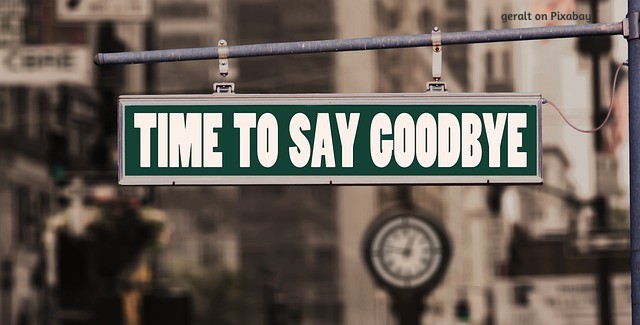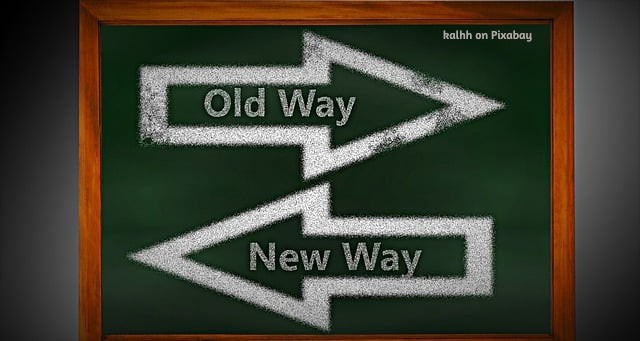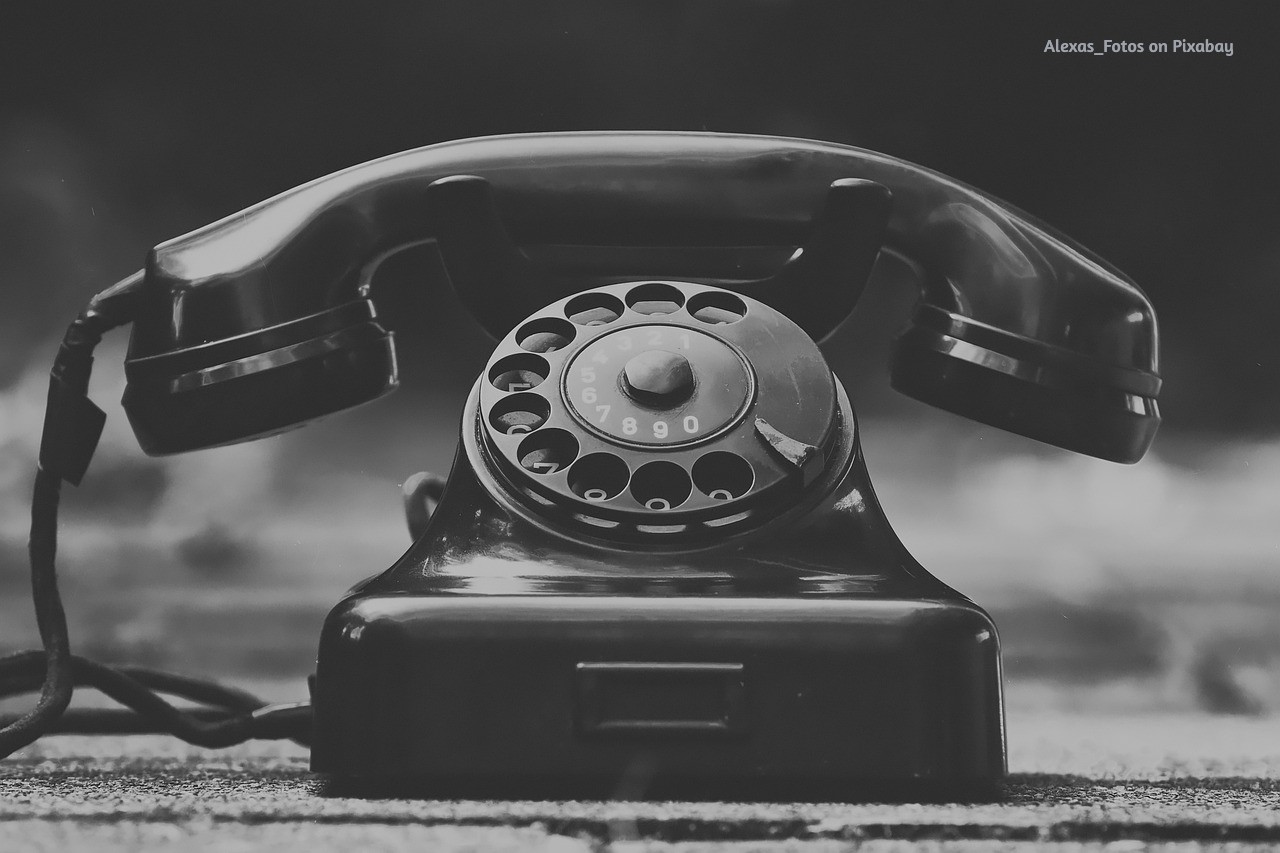Fear is a normal part of being human and our built-in alert mechanism. We humans are innately wired to detect danger. Our nervous system is our natural emergency system, which signals 911 for us to save our lives. It is generally an excellent idea to answer that call.
But what about undifferentiated, free-floating fear or anxiety? Is that also normal?
For many, free-floating fear may feel normal because it happens automatically. But it is not normal. Undifferentiated fear stems from unresolved, unhealed emotional wounds arising from our past. Generic fear will sound alarm bells even when there is no real emergency or danger.
Reacting to these alarm bells as if they are real only intensifies the fear. Unchecked, this fear can be crippling, even debilitating, which certainly was my experience.
Finding Relief

Almost every day of my life, for as long as I could remember, I lived with fear. I awoke in the morning with severe anxiety and my heart pounding. I could hardly breathe. I was desperate, needing to find relief or die. The feelings were that dire.
When I was in my early 20s, I did drugs and just about anything else that would numb me out. Of course, then I saw it as simply having fun. Looking back now, I realize I was running away from myself, from the pain I felt every day.
When I found out I was pregnant, I stopped doing drugs. The pain and anxiety was, of course, still very present. But I was determined to come to grips with and dissolve my anxiety. My only other choice was suicide, and I had a beautiful child who was utterly dependent on me. Staying alive was the only option.
Honest Answers
What’s most ironic about fear is that its gravest worry is not being able to love or be loved.
Troy Hadeed
So, I started searching for honest answers about why I was so fearful and, more importantly, how to eliminate the fear. In my search, I discovered that childhood trauma was a significant part of my anxiety. From age nine, I was constantly on guard, walking on eggshells, always looking over my shoulder, peeking from cracked doorways, and holding my breath. I tried to be invisible.
As a result of the trauma, I carried an enormous weight of shame and guilt. I simply was not, nor would I ever be, good enough. This belief of not being good enough fed the undifferentiated fear I experienced every morning.
In my healing journey, I discovered that this sense of not being good enough was a kind of conditioning, a habitual thought pattern I created to protect myself. I also found that it was a habit I inherited from my ancestors. I learned that I could release this conditioning if I were determined. The bittersweet truth is that I am the only one who can free myself from the chains of the past.
So what to do?
A Simple Plan of Action

A journey of a thousand miles begins with a single step.
Lao Tzu
It was time to roll up my sleeves and get to work.
This undifferentiated, free-floating anxiety is pretty common. It is fueled by a lack of trust in and love for oneself, often caused by trauma. It is a habit dissolved with determination, courage, and work.
I can attest to this. Now, when fear arises, here is how I help myself.
- Breathwork: several rounds of deep breathing slow my nervous system, leaving me feeling safe.
- Movement: a slow walk in nature or a few rounds of yoga stretching (such as Sun Salutation), keeping my awareness on my breath raises my frequency.
- Body-awareness meditation: quieting my mind and bringing me fully into Presence.
Practicing these three easy steps relaxes my nervous system, making me feel safe and grounded. These practices raise my frequency, which allows for clarity. Most of the time, this is all it takes for me to let go of the anxiety. But if I need more help, I do a self-inquiry journaling exercise.
Write a detailed response to these questions:
- What is really going on here for me now? Why am I anxious?
- How does this feel emotionally?
- Are these emotions okay?
- If not, why not?
Journaling in this way helps us uncover the truth of what is happening. The more we visit these truths, the more we see them for what they are: habits, lies, and conditioning. The more we expose these lies and habits, the less power they have over us. Exposing the conditioning and releasing it is how we create emotional freedom.
Disclaimer
The practice is a result of years of study and work, it works for me an others. It is information only, take it or leave it, your choice. Please be mindful that it is not intended to replace professional help. If you experience anxiety, I encourage you to consult a healthcare professional for help and advice.


Such important information; this is not a one and done process! Every day, every day, forward into less and less fear. And sometimes, it all comes rushing back….. brreeeathhe….
Thanks , Lee, for such a clear summary of simple steps to use every day.
You’re welcome, Ann. Yes, breathe—even some simple conscious, mindful breathing will lessen the fear. Thanks for reading and responding.
Lee